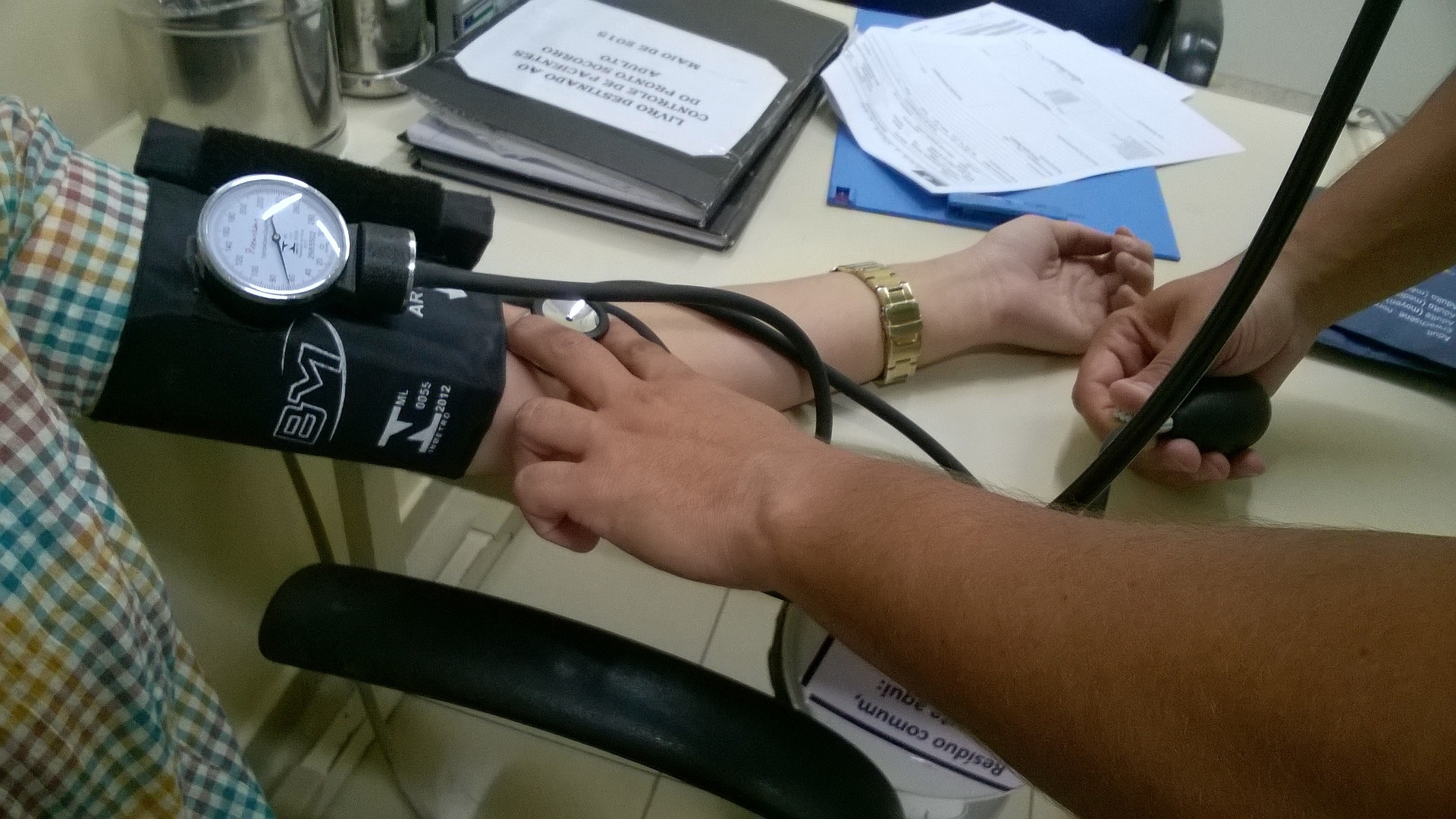An addiction to stimulants can be overcome and recovery is possible. Many people require professional treatment in order to overcome addiction, and continue with support groups afterwards.
Types of Treatment for Stimulant Addiction
Stimulant addictions are nothing new, but, there is pervasiveness among individuals who have become addicted to amphetamines prescribed to treat ADHD and narcolepsy, along with methamphetamine, cocaine and “crack” addictions occurring at phenomenal rates.
Assessment
Certain behaviors, emotions, and attitudes are common among stimulant addicts, but, there are some characteristics that may be more prevalent in some users or when using certain drugs.
It is important that the intake counselor understand as much about the individual, their patterns of use, goals, co-existing conditions of physical or mental problems and poly-substance abuse, along with other influential factors in order to set forth an effective treatment plan.
Detox
Stimulants have a major impact on the central nervous system and conditions of anxiety, paranoia, depression, or stimulant psychosis may become more profound when a person withdraws from them.
Detox provides important measures of safety and observations to ensure the most compassionate care with medical, psychiatric, and pharmacological interventions if necessary.
Counseling and Psychotherapy Interventions
There is a lot that can happen to an addict before and during their exposures to stimulants. They may be poly substance abusers, unemployable, homeless, victims of domestic abuse, or sexual assault, and have other environmental, legal, or social implications that need to be addressed or they may end up back where they started. Individual and group counseling sessions help them to open up about these issues and explore their goals for recovery.
Psychotherapy interventions can help to decrease these negative aspects and increase the addict’s ability to function. According to NIDA, “Addiction treatment must help the individual stop using drugs, maintain a drug-free lifestyle, and achieve productive functioning in the family, at work, and in society.” Treatment programs may provide services of vocational training, education, guidance, and help to assist in family, legal, or other social affairs
Behavioral Interventions
We, now, know a lot about how stimulants disrupt normal brain functioning and neurological systems that lead to dependence, cravings, and addictive behaviors, but, treatment for stimulant addiction relies heavily on the following approaches to ensure retentions in the program as well as efficacy in recovery outcomes.
- Cognitive-behavioral therapy focuses on the relationships between a person’s thoughts, emotions, and behaviors to identify and change maladaptive thoughts with positive and appropriate ones to consequentially change their behaviors.
- Contingency management therapy helps individuals achieve abstinence while promoting the will to stay in treatment by providing rewards for behaviors that are progressive toward recovery such as drug-free urine tests or goal accomplishments.
- Family Therapy helps to resolve conflicts and reinforce support and healing for the family unit.
- Support Groups bring together those who have similar experiences and interests of recovery. This helps to build positive support and is an effective strategy for preventing relapse.
- Relapse prevention helps the addict to identify, avoid, and cope with “triggers” that would lead to relapse.
the Take-Away

